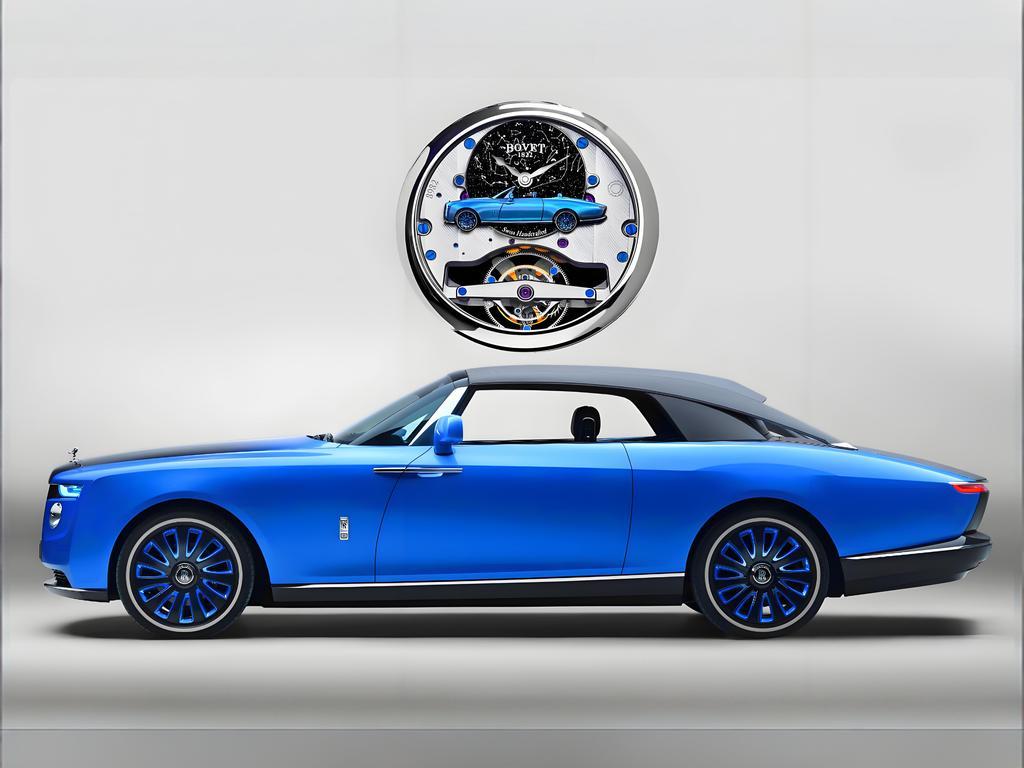“Sustainable Fashion: An Eco-Conscious Attitude That Merges Style and Responsibility”

In the realm of fashion, where trends evolve rapidly and consumerism often reigns supreme, the concept of sustainable fashion has emerged as a beacon of hope for environmental preservation and ethical production. It represents an eco-conscious attitude that transcends the superficial allure of fast fashion, merging style with a profound sense of responsibility towards the planet and its people. Sustainable fashion encourages consumers, designers, and manufacturers alike to adopt practices that minimize environmental impact, promote social justice, and uphold ethical standards throughout the entire supply chain.
The Essence of Sustainable Fashion
At its core, sustainable fashion advocates for the use of eco-friendly materials, such as organic cotton, recycled polyester, and sustainable fibers like Tencel or bamboo. It emphasizes circular design principles, where garments are designed for longevity, repairability, and recyclability, reducing waste and promoting circularity in the fashion industry. Furthermore, sustainable fashion prioritizes fair trade and ethical labor practices, ensuring that workers are treated with dignity and receive fair compensation for their craft.
Examples of Sustainable Fashion in Action
1.Patagonia’s Worn Wear Program: Patagonia, a leading outdoor apparel brand, has implemented the Worn Wear Program, which encourages customers to repair, resell, or donate their used Patagonia gear. The program offers repair services, hosts online and in-store swaps, and operates a thrift store where customers can find pre-owned Patagonia items at discounted prices. This initiative promotes a circular economy and reduces the environmental footprint of the fashion industry.
2.Stella McCartney’s Vegan and Sustainable Collections: Renowned fashion designer Stella McCartney has made a commitment to creating collections that are entirely vegan and sustainable. She uses eco-friendly materials like organic cotton, recycled polyester, and even mushroom-based leather alternatives, all while maintaining the sophisticated and chic aesthetic her brand is known for. Her designs demonstrate that sustainability and luxury can coexist harmoniously.
3.H&M’s Conscious Collection: H&M, a global fast-fashion retailer, has introduced the Conscious Collection, a line of clothing made from sustainable materials and produced under strict environmental and social standards. The collection includes organic cotton, recycled polyester, and materials sourced from sustainable forestry. H&M has also implemented garment collection programs in many of its stores, encouraging customers to recycle their unwanted clothes, which are then sorted and either reused, resold, or recycled into new textiles.
4.Everlane’s Transparency and Ethical Sourcing: Everlane, an online fashion brand, has built its reputation on transparency and ethical sourcing. The company discloses the true cost of its products, from raw materials to labor, and partners with factories that adhere to high social and environmental standards. Everlane’s collections feature a range of sustainable materials, including organic cotton, recycled nylon, and Tencel, all while offering stylish and affordable designs.













